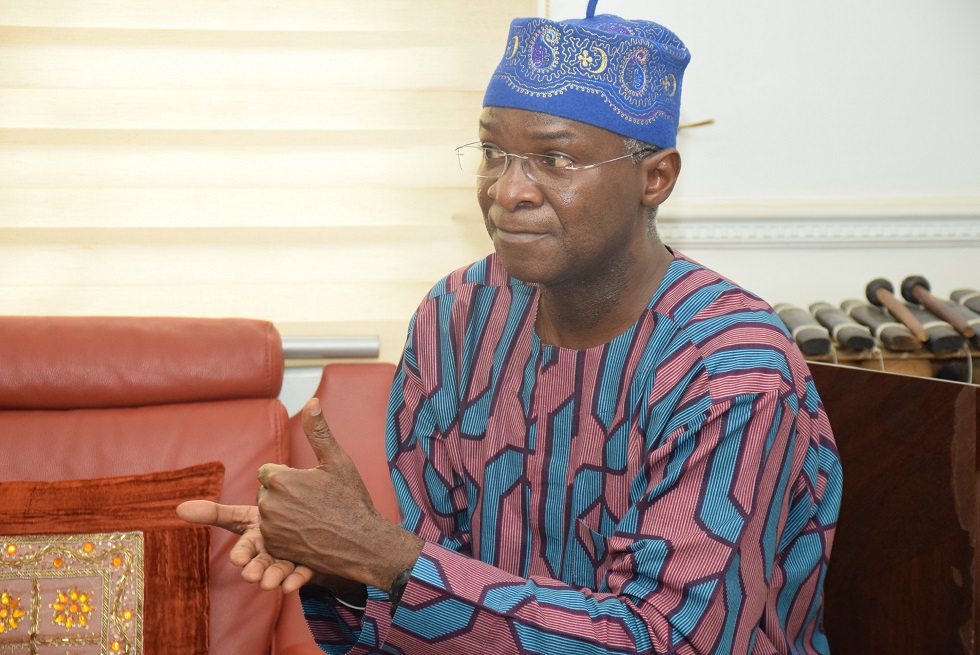Nigerian migrants who survived a deadly sea-crossing in 2017 have filed a lawsuit against Italy for violating their rights by supporting Libya’s efforts to return them to North Africa.
Seventeen plaintiffs petitioned the European Court of Human Rights last week, Violeta Moreno-Lax, a legal advisor for the Global Legal Action Network, told reporters. She was among four lawyers and several humanitarian groups involved in the case.
The migrants say Italy violated multiple articles of the European Convention on Human Rights, including that people not be subjected to torture, held in slavery, or have their lives put in danger.
The United Nations, rights groups and news organisations say migrants face these conditions in Libya.
Advertisement
This is the first lawsuit to be filed against Italy for its decision to back the Libyan Coast Guard.
The country lost a case in the same court in 2012 for directly handing over migrants intercepted at sea to Libyan authorities.
The legal process can take up to three years but should the migrants win, they can be awarded damages and Italy would be forced to abandon its policy of equipping, training and coordinating the Libyan Coast Guard.
Advertisement
“Using the Libyan Coast Guard as a proxy to turn back migrant boats is just a new way of camouflaging (Italy’s) strategy of fighting irregular migration in the Mediterranean by trapping them in what the Italian Foreign Ministry itself has qualified as ‘the hell’ of Libya,” Moreno-Lax said.
The lawsuit highlights a stand-off between humanitarian groups seeking to save lives on the open seas and Italian authorities backed by the European Union who are trying to stop people from making the dangerous crossing in the first place.
A spokesman for Italy’s interior ministry, which has spearheaded the policy, had no immediate comment.
Libyan naval spokesman Ayoub Qassem said the coast guard does its job within the terms agreed with Italy.
Advertisement
“Regarding the abuse and violations against the migrants, these are all considered as individual acts … We can’t say Libyan state institutions commit these acts,” Qassem said.
Add a comment






